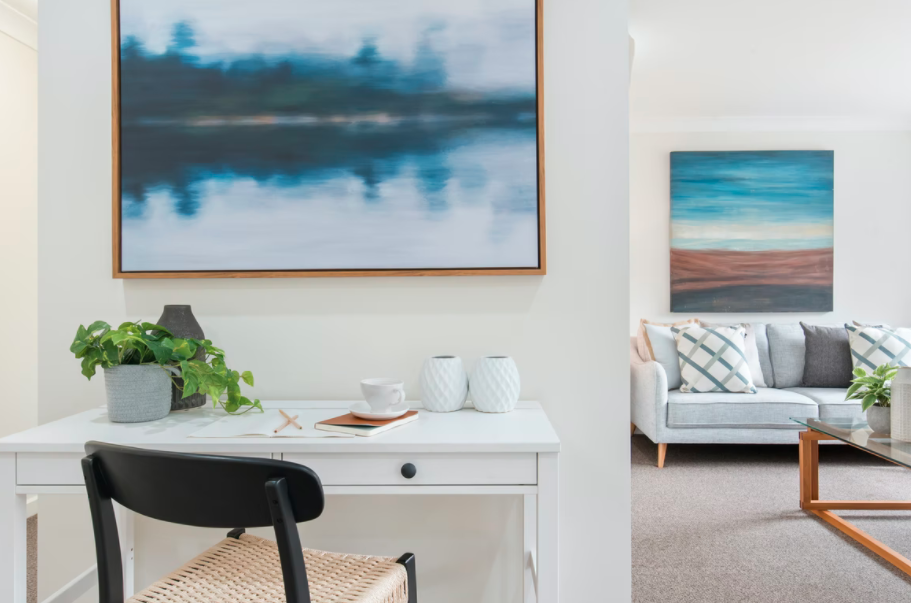Do you have a residential property up for rent? Are you aware of your tax obligations relating to deductible expenses, loss carry forwards and GST? Sometimes, understanding your tax obligations can be quite overwhelming (especially if you have your toes dipped in a few investments). It’s important that you talk to a tax accountant to not only avoid possible penalties for incorrect tax treatment, but also potentially save some bucks from tax deductions that you’re probably unaware of.
Taxable residential rental income
To work out your taxable residential rental income, you need to deduct your allowable rental expenses, from your gross rental income by using the actual cost method (read more about it here.) While calculating your total taxable income is quite standard across the residential rental board, the tax obligations relating to your taxable income can vary – and understanding why is key.
Tax deductions for residential properties
Essentially, tax deductions are governed by residential property deduction rules, which apply to:
– individual owners
– partners
– shareholders in a look-though or close company
– and trustees
Tax deductions exclusions:
– main homes
– properties governed by mixed-use asset rules like holiday homes
– farmlands
– business premises
– employee accommodation
– and Government-owned and company-owned properties.
To work out your deductibility rules, you would need to choose a basis: individual property basis or portfolio basis if you have more than one residential rental property.
The difference is, under the portfolio basis you can use deductions from a property against income from another property in your portfolio, whereas you can’t under the individual property basis (until it’s been sold).
In layman’s terms, this means that if you have a residential rental property A that’s making a loss, you can offset any losses from property A to property B, that’s making a profit. If you own an individual residential rental property, if your allowable rental expenses exceed your gross rental income, you carry them over into the following tax year and deduct them from your residential rental income. Note – due to the residential rental income ringfencing rules, you cannot deduct this against any other income like your personal salary or wages.
Holiday Homes
Who doesn’t want to have holiday home to escape to occasionally? A good strategy is to buy and rent it out to cover some of the expenses.
If you already have a holiday home and you’re renting it out, the method you must use to work out your gross rental income and allowable rental expenses will depend on the private use of the holiday home and the number of days it was vacant.
You can use the mixed-use asset rules if your holiday home earned rental income and was vacant for 62 days or more. If not, you can use the actual cost method and claim expenses, provided you have evidence that the holiday home was not used privately during the time expenses were incurred.
Property Flipping
If you’re renting out a property you intend to flip or sell, you can use the short-stay standard-cost method or actual cost method when working out your taxable income. You can read more about it here
Long-term residential rental income
Long-term residential rental income is exempt from GST but short-term is not. You’ll need to register for GST if you turn over more than $60,000 in 12 months, but you can claim GST on your allowable rental expenses as well.
If you have questions, or your residential rental property doesn’t fall under the above categories, flick us a message or give us a buzz, and we’ll let you know what your tax obligations are.
Your Outside Team
Contact
Address: Level 2, 182 Vivian Street,
Te Aro, Wellington 6011, New Zealand
Mail: PO Box 24-457, Wellington 6142
Phone: 04 889 2975







